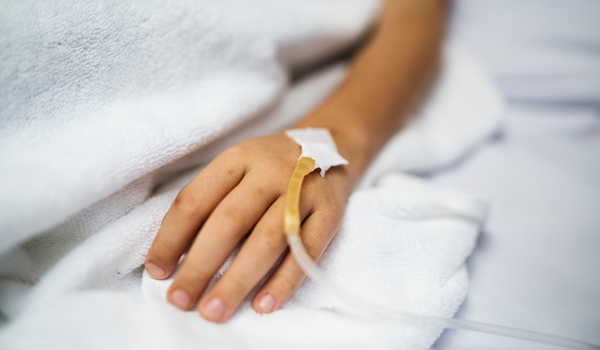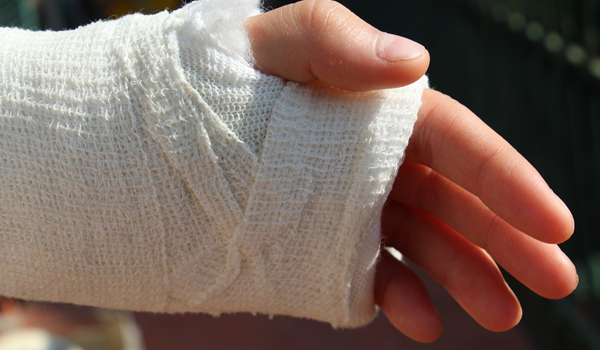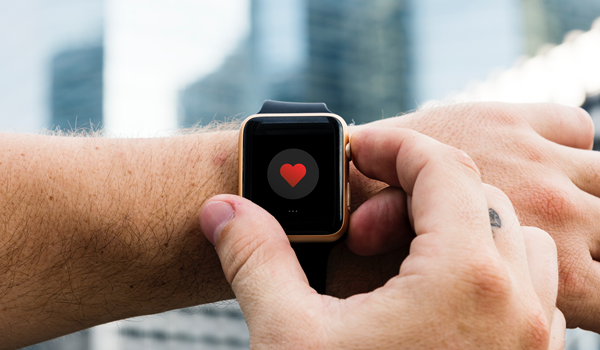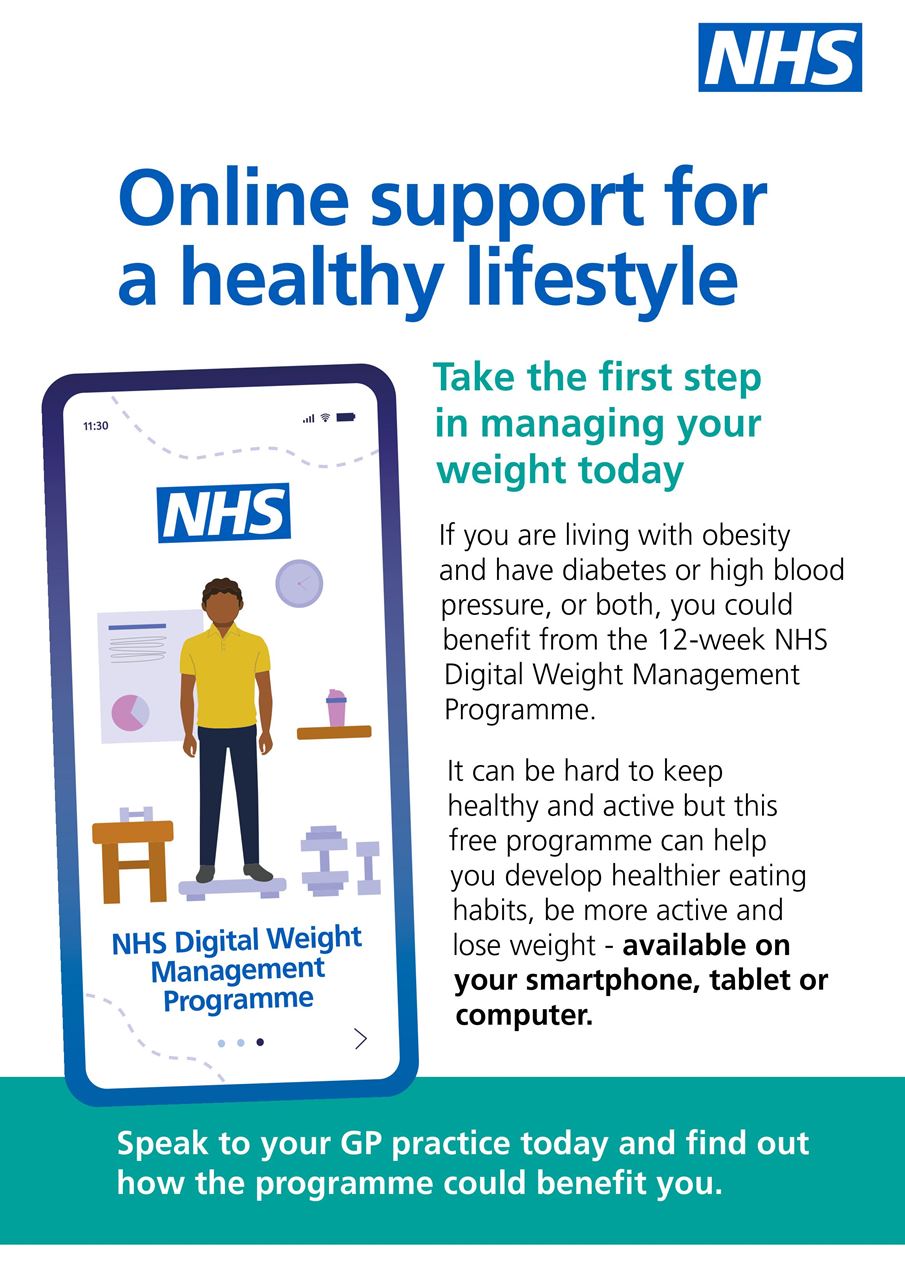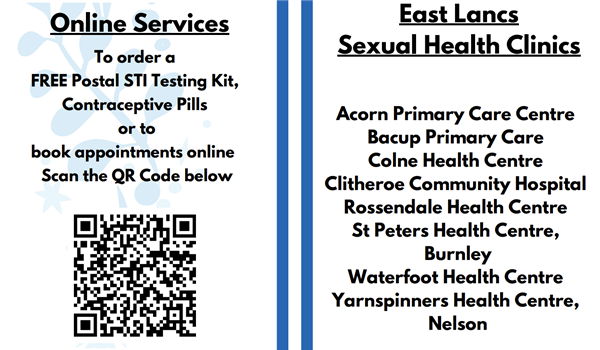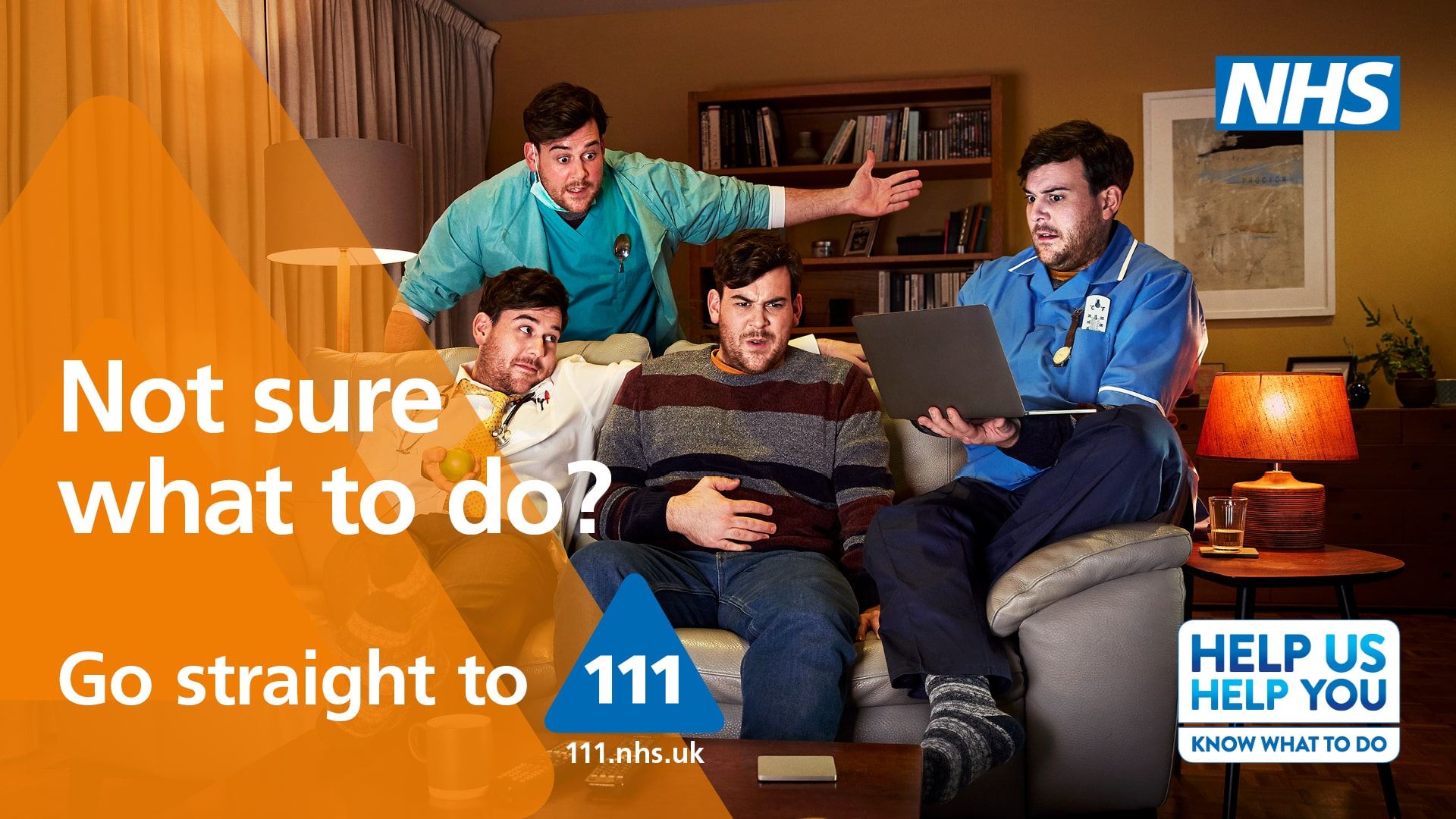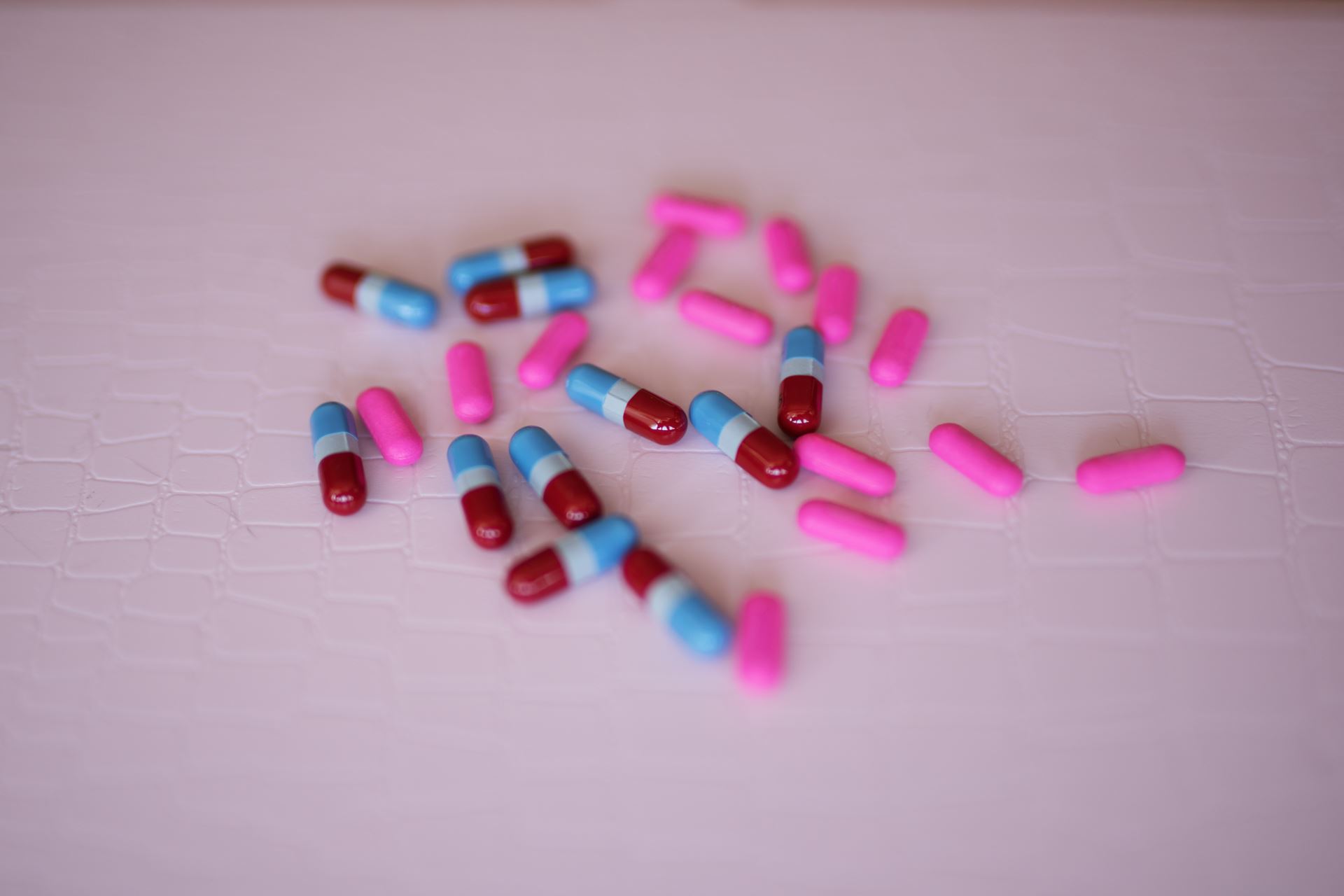Most of us have experience of everyday pain including headaches, pain from minor injuries and muscular pain for example following exercise. These pains don’t last long and often don’t need treatment. All pain we feel is affected by how we are feeling generally, our past experience of pain and any concerns we have about the cause of the pain. If we are worried and distressed about how pain may affect us in the future, our pain will feel worse. Also, unpleasant thoughts, feelings and memories (even if these are not to do with pain) can influence how we feel pain. Anxiety, depression, Post-Traumatic Stress Disorder, previous emotional upsets or other mental health problems, are likely to worsen our experience of pain and make it more difficult to treat.
Types of pain
Pain is usually described as acute (short term) or chronic (long term) pain (usually more than three months).
- Acute pain is usually related to an obvious injury such as dental infection, bone fracture or operation.
- Chronic pain sometimes begins with an injury but the pain doesn’t get better as expected: often it is not clear how a chronic pain has started. Common types of chronic pain include low back pain, pain related to arthritis and pain related to injury to a nerve or other part of the nervous system (neuropathic pain). Chronic pain is usually not a sign of on-going injury or damage but may be to do with changes in the nervous system that occur over time so that the pain signalling becomes self-sustaining over a prolonged period.
Both types of pain can range from mild or severe with the difference being how long the symptoms last.
- Cancer pain is usually described separately and may be short or long lasting. The pain can relate to the cancer itself or the cancer treatment. Additionally, people with cancer may experience acute or chronic pain unrelated to their cancer.
Treatments for different types of pain (you may have more than one type of pain)
- Acute pain can be severe but usually gets better quite quickly (days or weeks). Treatments usually only need to be given for a short time while healing of the injury begins. Acute pain is often straightforward to treat with a range of medicines and other treatments depending on how severe the pain is. Opioid medicines are useful for treating acute pain and usually only need to be given for a period of a few days. The dose of opioid should be reduced as healing occurs.
- Chronic pain can cause low mood, irritability, poor sleep and reduced ability to move around. Unlike acute pain, chronic pain is difficult to treat with most types of treatment helping less than a third of patients. Most treatments aim to help you self-manage your pain and improve what you can do. Different treatments work for different people. Medicines generally and opioids in particular are often not very effective for chronic pain. Other non-medicine treatments may be used such as electrical stimulating techniques (TENS machine), acupuncture, advice about activity and increasing physical fitness, and psychological treatments such as Cognitive Behaviour Therapy and meditation techniques such as mindfulness. Helping you understand about chronic pain is important and in particular helping you understand that physical activity does not usually cause further injury and is therefore safe. It is important that you understand that treatments tend not to be very effective and that the aim is to support you in functioning as well as possible.
- Neuropathic pain is a type of chronic pain associated with injury to nerves or the nervous system. Types of neuropathic pain include, sciatica following disc prolapse, nerve injury following spinal surgery, pain after infection such as shingles or HIV/AIDS, pain associated with diabetes, pain after amputation (phantom limb pain or stump pain) and pain associated with multiple sclerosis or stroke. Neuropathic pain is usually severe and unpleasant. Medicines may be used to treat neuropathic pain but are usually not very effective and work for a small proportion of people. You may not benefit from the first drug tried so you may need to try more than one drug to try and improve symptoms.
- Cancer pain is usually associated with an obvious source of tissue damage and may be acute or chronic. Neuropathic pain can occur with cancer diagnoses and treatments (such as radiotherapy). Because cancer pain treatment, particularly at the end of life, is often for a short duration, it is usually more successful than chronic pain treatment. People who recover from cancer or who survive a long time with cancer may have pain that is more difficult to treat.

